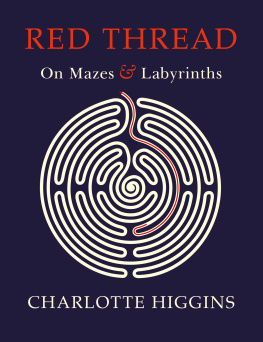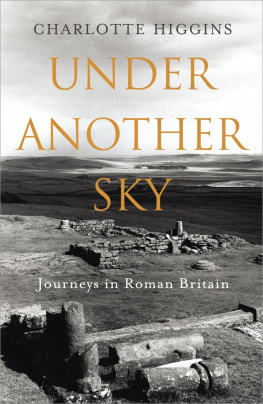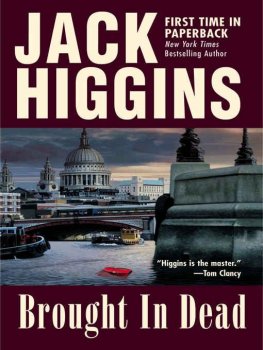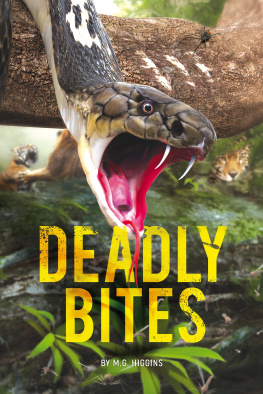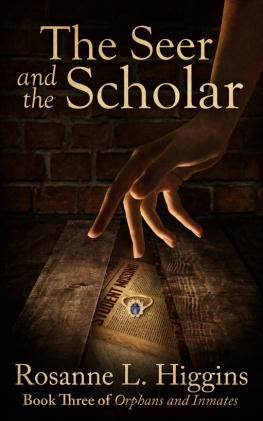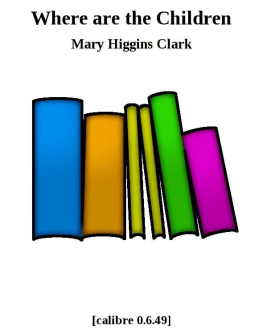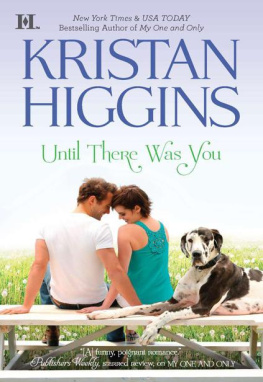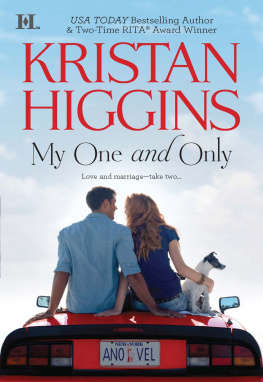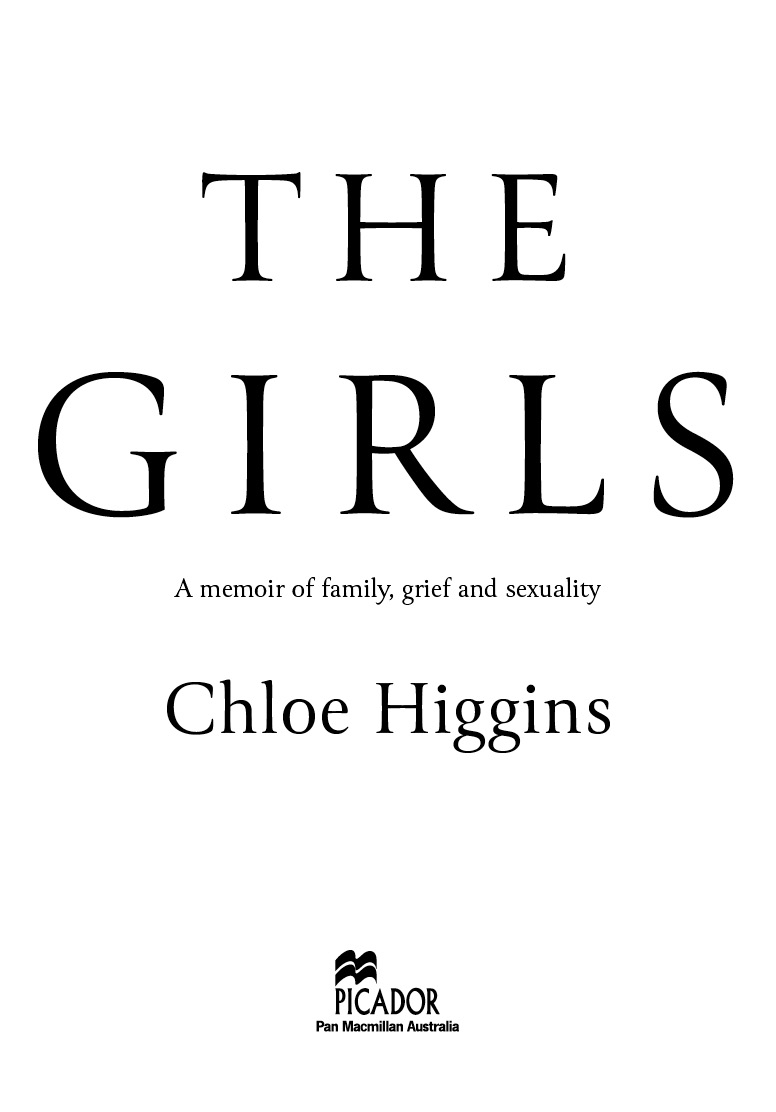About The Girls
In 2005, Chloe Higgins was seventeen years old. She and her mother, Rhonda, stayed home so that she could revise for her exams while her two younger sisters Carlie and Lisa went skiing with their father. On the way back from their trip, their car veered off the highway, flipped on its side and burst into flames. Both her sisters were killed. Their father walked away from the accident with only minor injuries.
This book is about what happened next.
In a memoir of breathtaking power, Chloe Higgins describes the heartbreaking aftermath of that one terrible day. It is a story of grieving, and learning to leave grief behind, for anyone who has ever loved, and lost.
PRAISE FOR THE GIRLS
Higgins spares nothing in her telling of the slow violence of grief, in the puzzlement of transformation and the skewing of sound mind from one instant of catastrophe... An exacting act of detonation, The Girls bares a talented writers foundations at the same time as it raises the spirit of survival. Kate Holden, author of In My Skin
A tender and heartfelt book, exploring the intricacies and long aftermath of trauma and grief with great frankness and directness. Its honest and exacting exploration of what happens to the body and the self in grief is deeply moving, without being excoriating, and the writing is both lyrical and tough Higgins has a distinctive and accomplished voice, and this book is a beautiful achievement. Fiona Wright
An astounding new voice whose work mines the slippery regions between grief, sex, love, parents and children. This book is a rare find. Felicity Castagna
An urgent, poetic and skinless howl of a book. Lee Kofman
Names and identifying features have been changed for legal reasons or to preserve anonymity.
For my parents, and Carlie and Lisa
When my father speaks about the accident, he opens with the line: When I killed my daughters... Lately, I have been trying to correct him. I give him books to read, make him come running with me, secure us back-to-back appointments with a psychologist. I do not know if its working.
At the thai restaurant near our psychologists office, my father and I share one main and one entre. Outside, people continue their Sydney lives, the summer heat thick in their armpits. A mother is leading two children along, bags of vegetables on her wrists. Perhaps they are on their way home from tutoring. It is December 2016. I am twenty-eight years old, and I am learning what grief looks like.
My father is losing faith in our psychologist. Or perhaps it is the practice of psychology he is losing faith in. When we began our appointments, he was impressed. She didnt say the sentence that would have made him stand and leave mid-session: Ive never met anyone whos been through something so terrible. My appointment was before his and Id almost wanted to tell her: whatever you do, dont say it. But she didnt, so he concluded that perhaps she was all right after all.
Now, two or three sessions later, while sharing our post-therapy Thai, it feels like we are back to square one. When I ask him if shes helping him with the guilt, he says, Theres a difference between people who dont want to let go of guilt and people who cant let go of guilt.
I dont understand the distinction, or which category he thinks he falls into, but I nod and keep listening. A few years ago, someone wanted to put Dad in touch with a man whod lost a daughter in a car accident. They thought it might help him to speak to someone suffering a similar kind of grief.
Dad declined. No. Theres no point talking to him. He only lost one daughter, and he wasnt driving. Its not the same thing.
A few weeks later I again travel up from where I live, in Wollongong, to see my parents. Wollongong is an hours drive south of their western Sydney home; we have our privacy and yet are close enough to visit each other at will.
I tell Mum I want to go skiing again with Dad. Were standing in the kitchen.
She shakes her head. He wont go. Dont bring it up.
He doesnt dance anymore either. He used to dance while singing Dont Cry Daddy and Lisa would tell him he sounded exactly like Elvis. Now he wont even dance at weddings.
He doesnt think he deserves to have fun, my mother explains.
A year or two ago, he danced one song with me. It was a fatherdaughter number at a schoolfriends wedding and I had to physically drag him to the floor. I was surprised he allowed me to. We danced, he cried, I tried not to, and then he returned to his table at the end of the song and never let me do it again.
There are things we cannot say:
I love you.
Im sorry.
Im hurting.
Im confused.
Please stop telling yourself that you killed your daughters.
My parents and I are on a drive to Mudgee, my mothers home town. Three hours north-west of Sydney, the place is known for colonial buildings, tourism and countryside wineries. I have brought a friend and during the drive she begins telling a story, a long joke that relies on an in-depth set-up. She starts describing the characters, gives them both names. The first she calls James, the second Lisa. The car goes quiet. She looks at me and realises its too late to back-pedal. I watch her eyes asking me: Would it be awkward if I said no, wait, I didnt mean Lisa, I got confused?
My dead sisters name hangs in the air, filling up the cabin of the four-wheel drive, sucking the breath out of my fathers chest. My friend stops talking. My mother reaches forward in the passenger seat, turns the radio on, and starts singing along, out of tune, to a song by the Beach Boys.
Im sitting behind her; my father is in the drivers seat. I can see the profile of his face: the sunspot below his eye thats been darkening each year; the red drinkers tinge of his nose, even though he never consumes alcohol; the skin starting to hang beneath his chin as his own fathers does. I watch him do that thing he does with his lip when hes trying not to cry.
This is what grief looks like: trying not to weep when someone uses the wrong name in a joke.
My fathers favourite entre at the Thai restaurant is satay chicken skewers.
We have been having back-to-back monthly therapy sessions and dinner dates for almost half a year. I have been hopeful. He has lasted this long without finding fault. His pattern seems to involve seeking help, becoming upbeat for two or three months, then dismissing whatever new practice or practitioner he is trying. Each time I find something that helps me I push it towards him, as I did with this psychologist.
He orders a serving of the skewers and starts explaining how the levels of certain gases in the girls blood suggests something about the timing of their deaths. But he loses me somewhere around the part where one of the girlsLisahad carbon monoxide in her blood and the otherCarliedidnt.
I dont understand, I say. This is new information to me and Im curious whats brought it to his mind. For years after the accident, my father tried to have the vials of bodily fluids that had been extracted from the girls examined and re-examined, as if there was a chance each new attempt might return some previously unknown piece of information. His requests were declined.
It means Carlie was already dead when we hit the other car, he says. This happens again and again: Dad latching on to some new, often contradictory, piece of information that he thinks might be the thing to bring him answers. There are so many theories, so many unanswered questions that we will never know the truth of what happened.
And Lisa wasnt?
And Lisa wasnt, he answers.
I try to keep my question in my head, but it comes out. I thought they were both already gone before the fire started?
Next page

